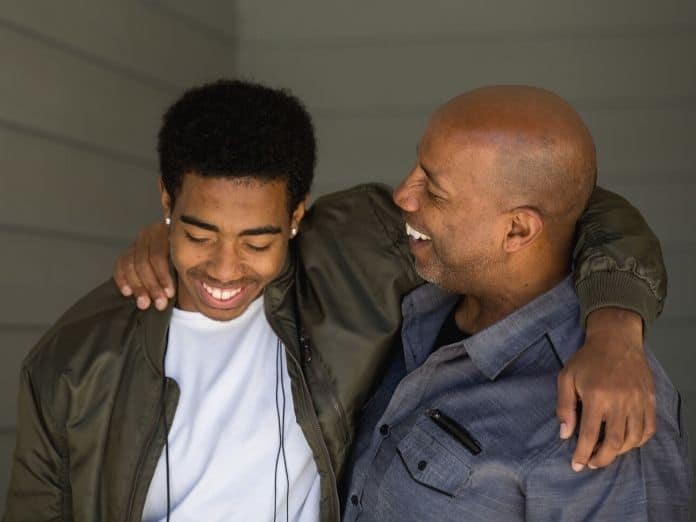Don’t do drugs. Stay in school. Stay sober. We drill these rules into kids’ heads throughout their early years, yet drug use and addiction are still common among teenagers. Substance abuse during adolescence can lead to a plethora of issues throughout the teenage years and into adulthood. Drugs can damage physical and mental development, while addiction can prove detrimental to teens’ education, future career, and personal life. Parents play a significant role in helping their teenagers stay smart, safe, and sober. That said, the topic of drug use is a difficult one. How do you start the conversation in a way that will make your child listen? Keep an open mind, be an active and empathetic listener, and follow these tips for how parents can talk to their teens about drugs.
Stay Involved in Their Life
If you only show up in your teenager’s life to tell them what they can and cannot do, they’re not going to be very appreciative or receptive to your words. Get involved by showing interest in every aspect of their life—not just their safety or obedience. Follow sports teams or club competitions, celebrate their achievements, and get to know their friends (and their friends’ parents). While you want your teen to have their independence, staying connected with them will help you maintain an open and trusting relationship. This, in turn, makes it easier to have difficult conversations. You’re also more likely to notice when something’s wrong in their life.
Relate the Conversation To Their Life
Every teenager already knows that drugs are bad, but that’s not always enough to dissuade them from experimenting. If you’ve never experienced the consequences of drug use, it’s easy to feel like the risks are either untrue or greatly exaggerated. One of the best tips for how parents can talk to their teens about drugs is to explain how the consequences might affect their life. You can discuss your own experiences or those of people you and your teenager know. It’s also a good idea to talk about the consequences of using drugs that your teen might personally face, such as losing their place on a sports team or losing their license due to driving under the influence of drugs.
Be an Active Listener
As a parent, it’s your job to worry about your teen and keep them out of trouble. However, expressing judgment or delivering consequences without listening to their side of the story can push them to rebel even more. If you want your child to listen to you, extend the same courtesy. Approach the situation with an open mind, and listen actively to what your teen has to say. Give them room to talk, even if it takes them a while to make their point. Show that you’re listening intently by giving them your full attention and asking follow-up questions about what they mean or how they feel. Active listening shows your teen that you genuinely care about them—not just the rules they’ve broken.






